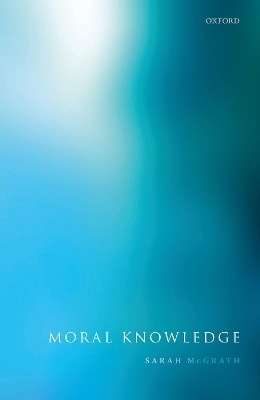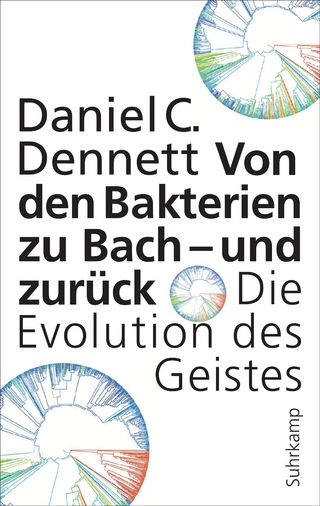
Moral Knowledge
Seiten
2019
Oxford University Press (Verlag)
978-0-19-880541-0 (ISBN)
Oxford University Press (Verlag)
978-0-19-880541-0 (ISBN)
How fragile is our knowledge of morality, compared to other kinds of knowledge? Does knowledge of the difference between right and wrong fundamentally differ from knowledge of other kinds? Sarah McGrath offers new answers to these questions as she explores the possibilities, sources and characteristic vulnerabilities of moral knowledge.
Compared to other kinds of knowledge, how fragile is our knowledge of morality? Does knowledge of the difference between right and wrong fundamentally differ from knowledge of other kinds, in that it cannot be forgotten? What makes reliable evidence in fundamental moral convictions? And what are the associated problems of using testimony as a source of moral knowledge? Sarah McGrath provides novel answers to these questions and many others, as she investigates the possibilities, sources, and characteristic vulnerabilities of moral knowledge. She also considers whether there is anything wrong with simply outsourcing moral questions to a moral expert and evaluates the strengths and weaknesses of the method of equilibrium as an account of how we make up our mind about moral questions. Ultimately, McGrath concludes that moral knowledge can be acquired in any of the ways in which we acquire ordinary empirical knowledge. Our efforts to acquire and preserve such knowledge, she argues, are subject to frustration in all of the same ways that our efforts to acquire and preserve ordinary empirical knowledge are.
Compared to other kinds of knowledge, how fragile is our knowledge of morality? Does knowledge of the difference between right and wrong fundamentally differ from knowledge of other kinds, in that it cannot be forgotten? What makes reliable evidence in fundamental moral convictions? And what are the associated problems of using testimony as a source of moral knowledge? Sarah McGrath provides novel answers to these questions and many others, as she investigates the possibilities, sources, and characteristic vulnerabilities of moral knowledge. She also considers whether there is anything wrong with simply outsourcing moral questions to a moral expert and evaluates the strengths and weaknesses of the method of equilibrium as an account of how we make up our mind about moral questions. Ultimately, McGrath concludes that moral knowledge can be acquired in any of the ways in which we acquire ordinary empirical knowledge. Our efforts to acquire and preserve such knowledge, she argues, are subject to frustration in all of the same ways that our efforts to acquire and preserve ordinary empirical knowledge are.
Sarah McGrath is an Associate Professor of Philosophy at Princeton University. She has written extensively on moral disagreement, moral testimony, moral expertise, and also about issues at the intersection of metaphysics and ethics. Her published work on these topics has appeared in leading philosophy publications, including The Journal of Philosophy, Ethics, and the Oxford Studies in Metaethics.
1: Introduction
2: Reflective Equilibrium, its virtues and its limits
3: Moral Knowledge from Others
4: Observation and Experience
5: Losing Moral Knowledge
6: Conclusions
| Erscheinungsdatum | 18.10.2019 |
|---|---|
| Verlagsort | Oxford |
| Sprache | englisch |
| Maße | 159 x 240 mm |
| Gewicht | 492 g |
| Themenwelt | Geisteswissenschaften ► Philosophie ► Erkenntnistheorie / Wissenschaftstheorie |
| Geisteswissenschaften ► Philosophie ► Ethik | |
| ISBN-10 | 0-19-880541-1 / 0198805411 |
| ISBN-13 | 978-0-19-880541-0 / 9780198805410 |
| Zustand | Neuware |
| Informationen gemäß Produktsicherheitsverordnung (GPSR) | |
| Haben Sie eine Frage zum Produkt? |
Mehr entdecken
aus dem Bereich
aus dem Bereich
Buch | Softcover (2023)
Reclam, Philipp (Verlag)
CHF 9,80
die Evolution des Geistes
Buch | Softcover (2025)
Suhrkamp (Verlag)
CHF 41,95


